PURPOSE
Nestled in the village of Perico Negro, Northern Cauca, this center was created as a dynamic space for training, exchange, and learning. It hosts workshops, seminars, and short- and medium-term courses for both national and international participants. Topics range from food production and regenerative agriculture to participatory research, systematization of learning, and community leadership.
In addition to classroom learning, the center organizes guided visits to two flagship initiatives: the Integrated Regenerative Agriculture Farm in Perico Negro and the Native Forest in Agua Azul. These visits give participants first-hand experience in environmental restoration, sustainable farming, and biodiversity conservation.
COURSES OFFERED
The center offers a wide variety of learning opportunities, including:
It also hosts seminars and academic gatherings on participatory research and the documentation of community learning. In partnership with allied institutions, the center can provide certified courses, linking grassroots innovation with formal education.
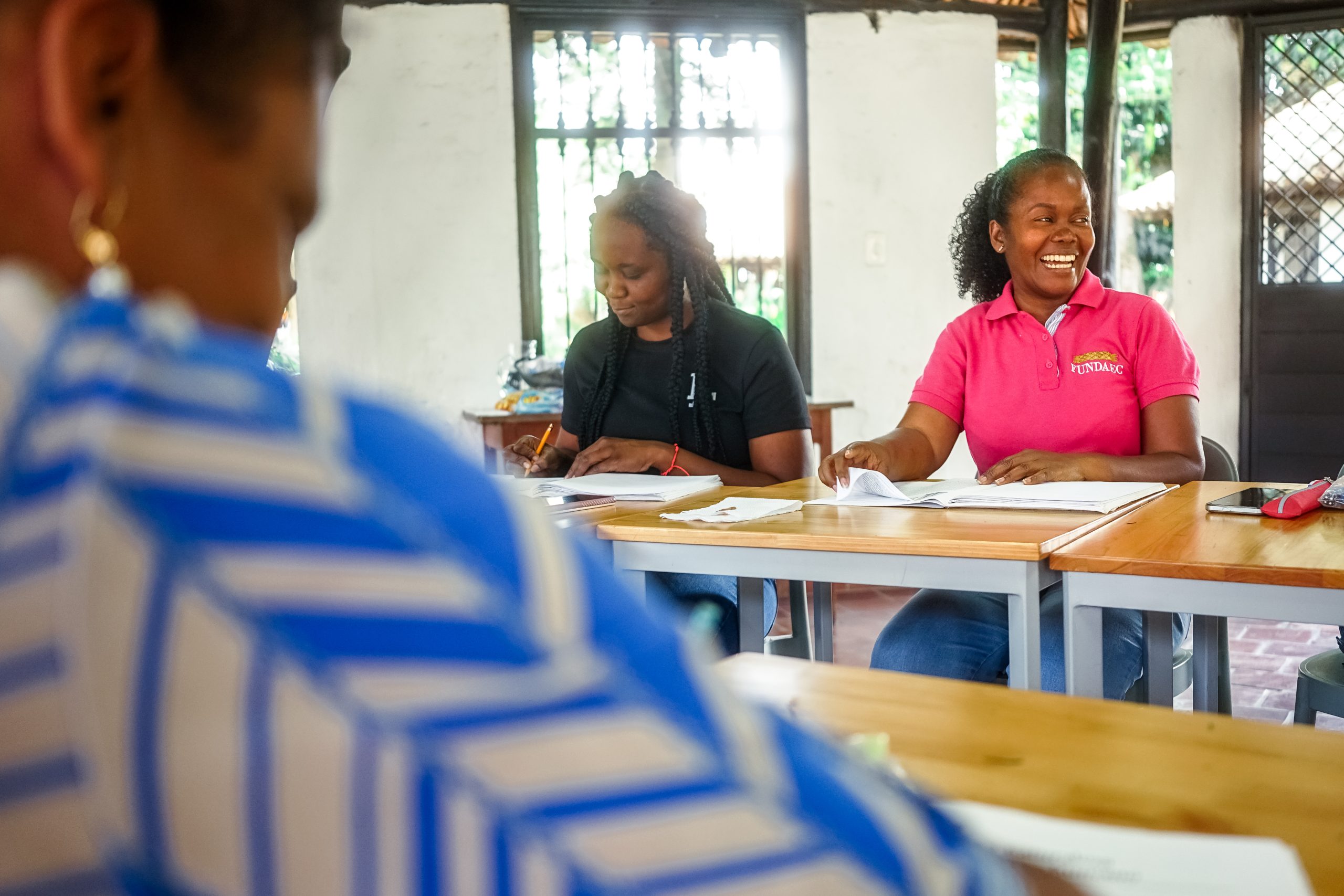
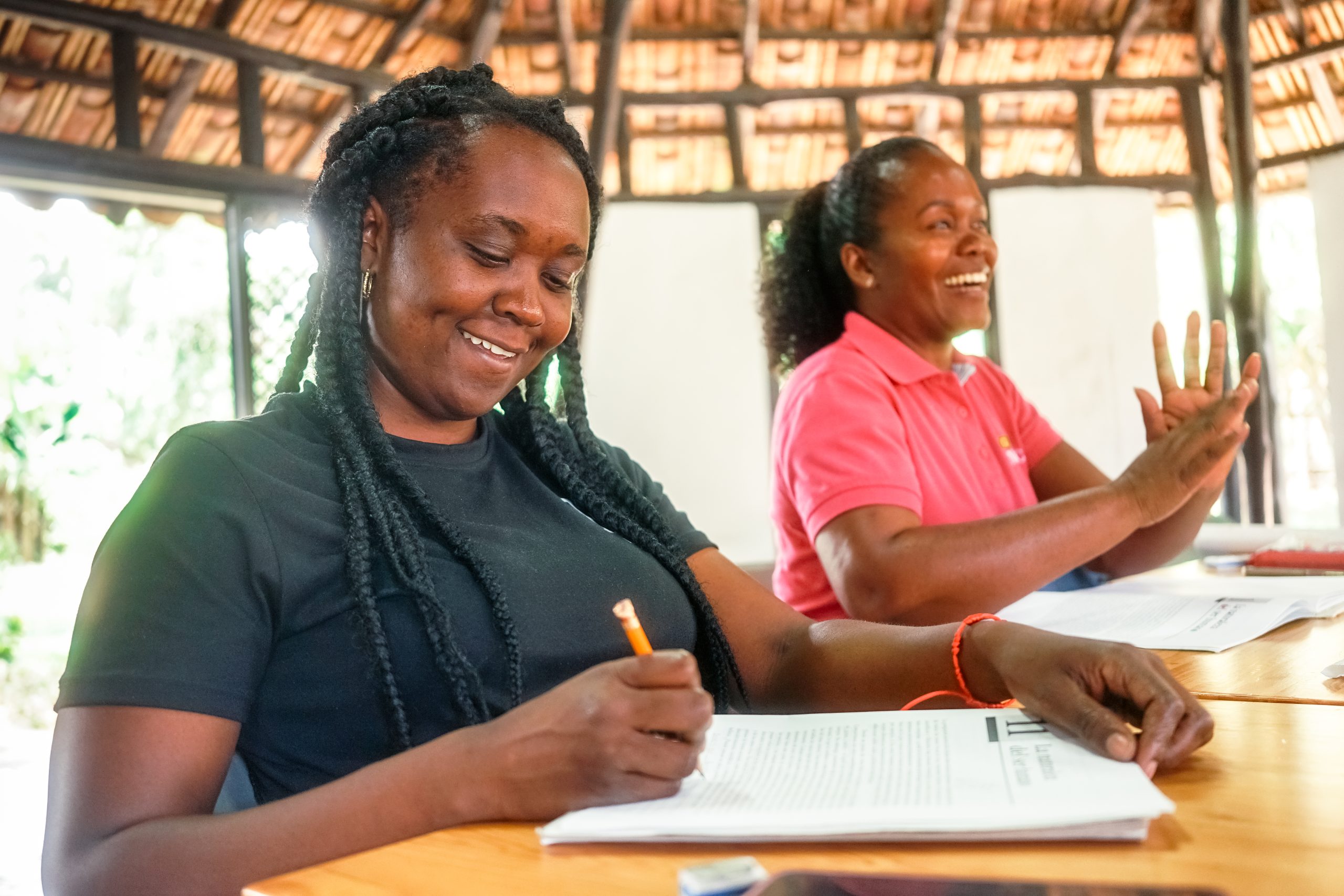
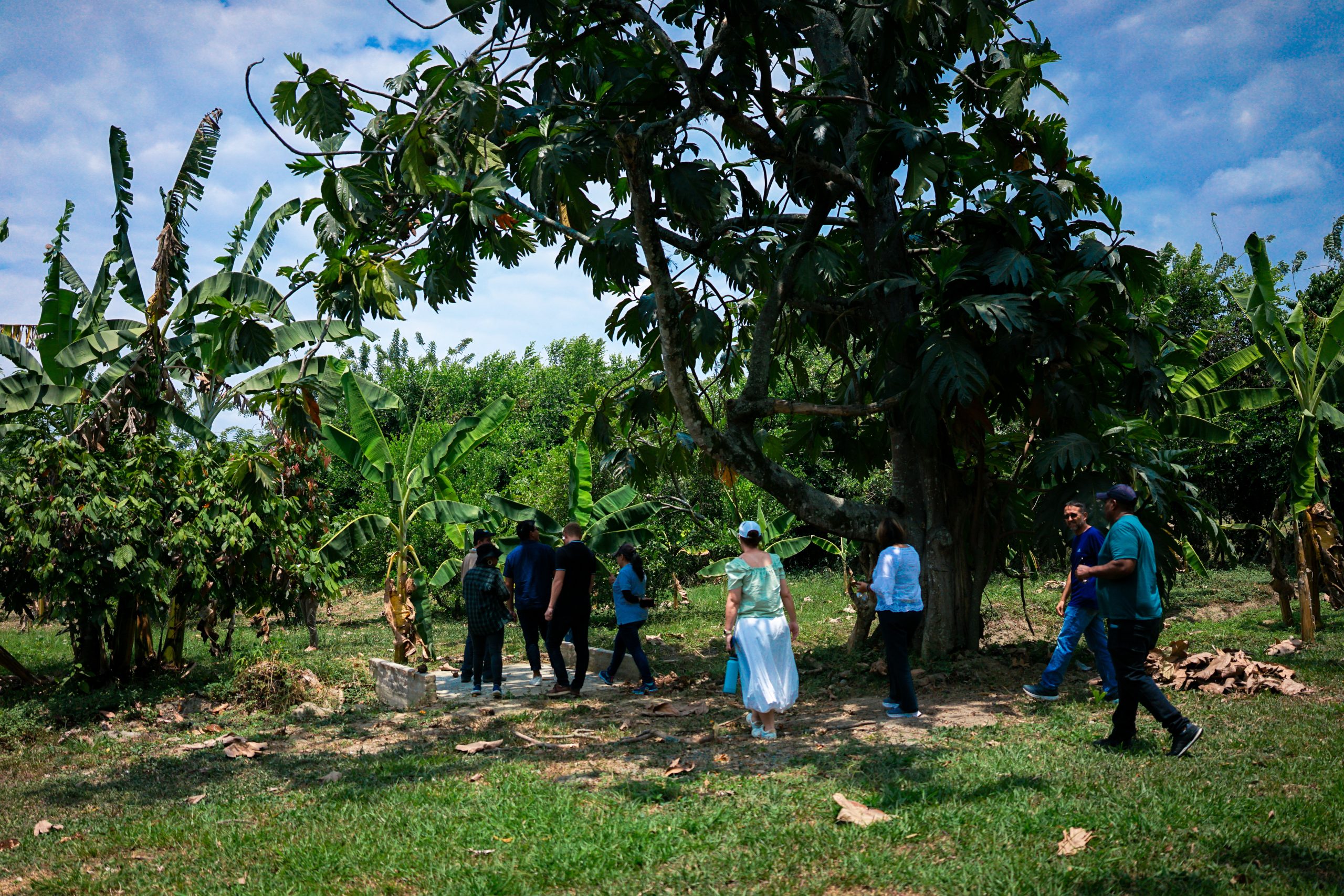
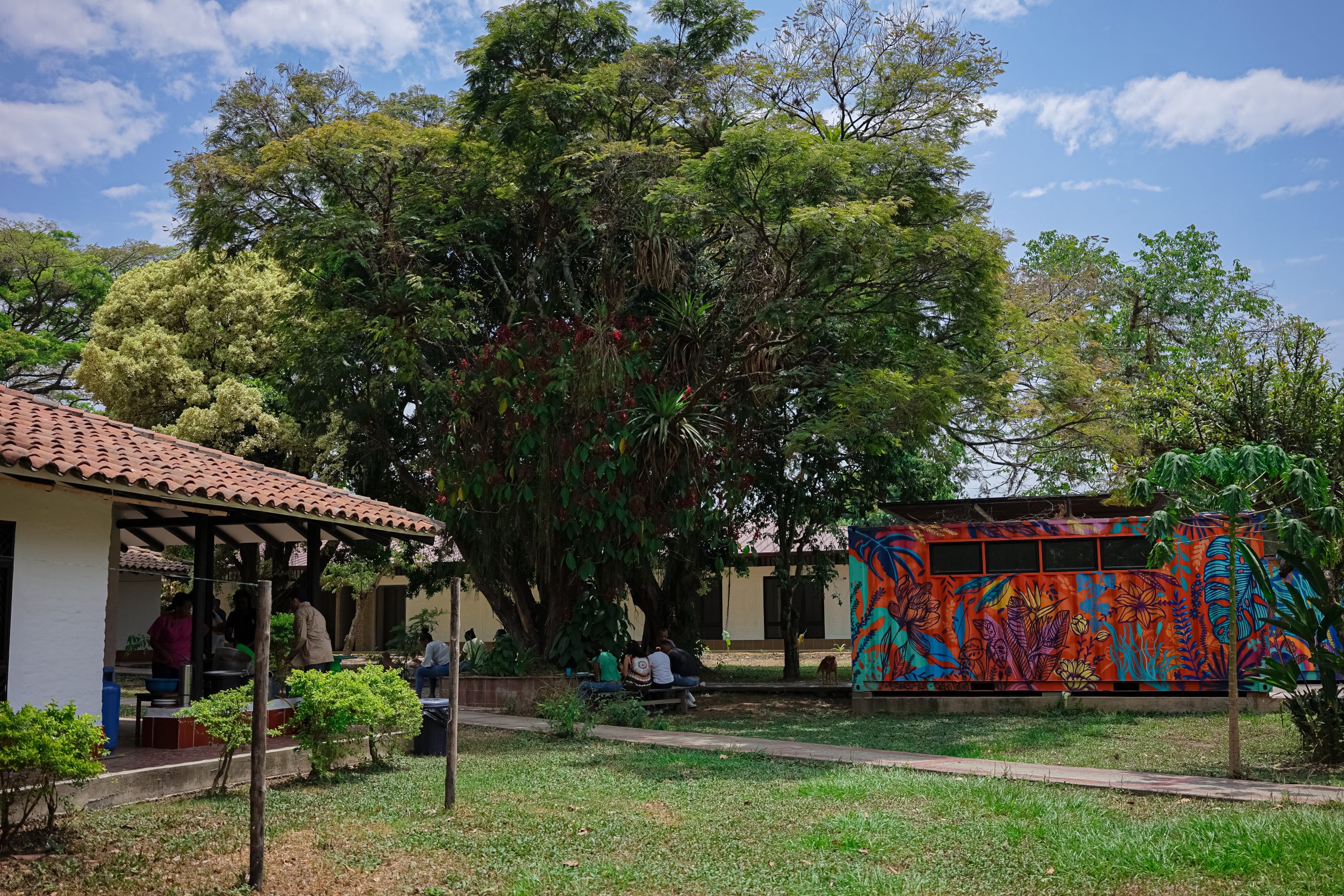
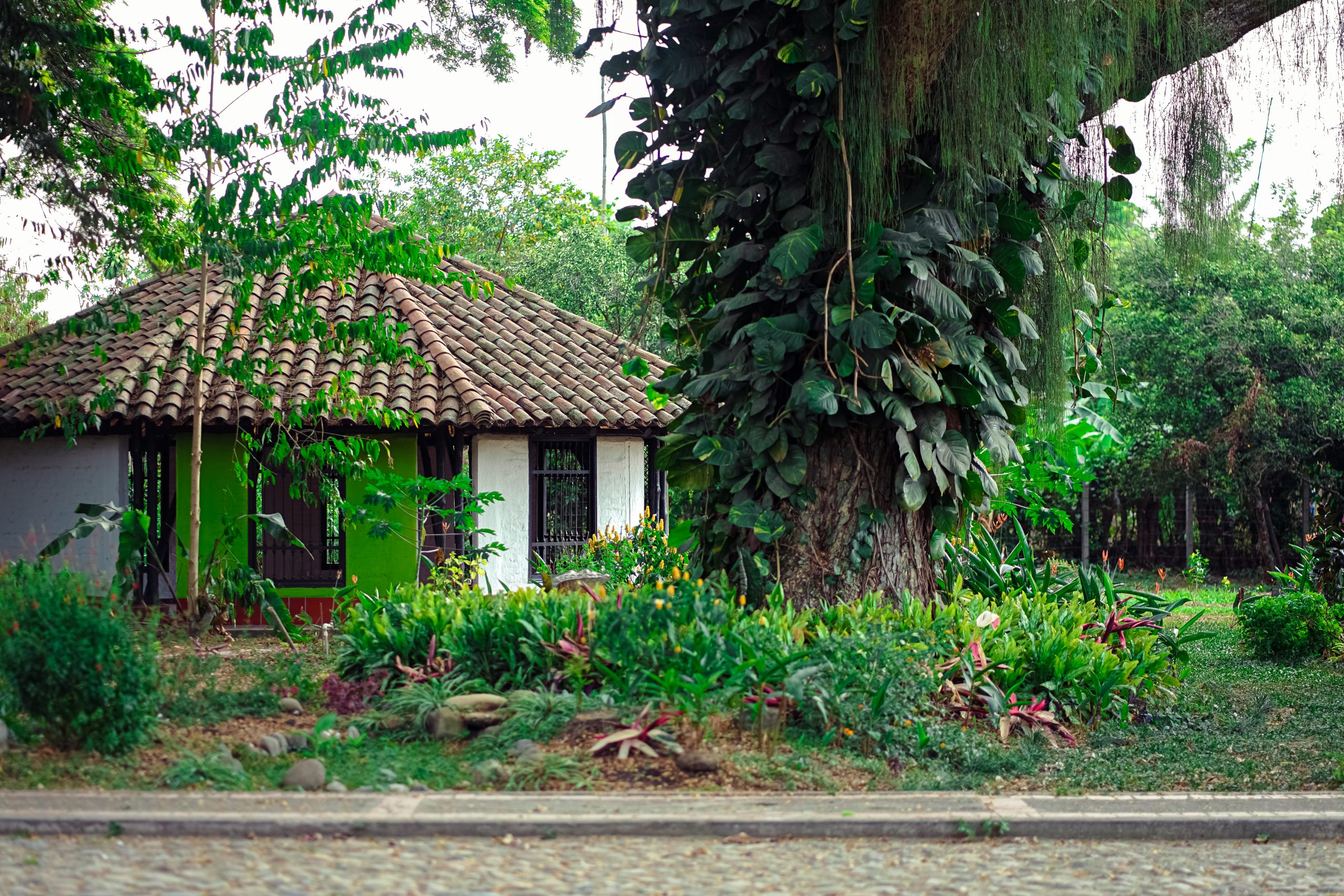
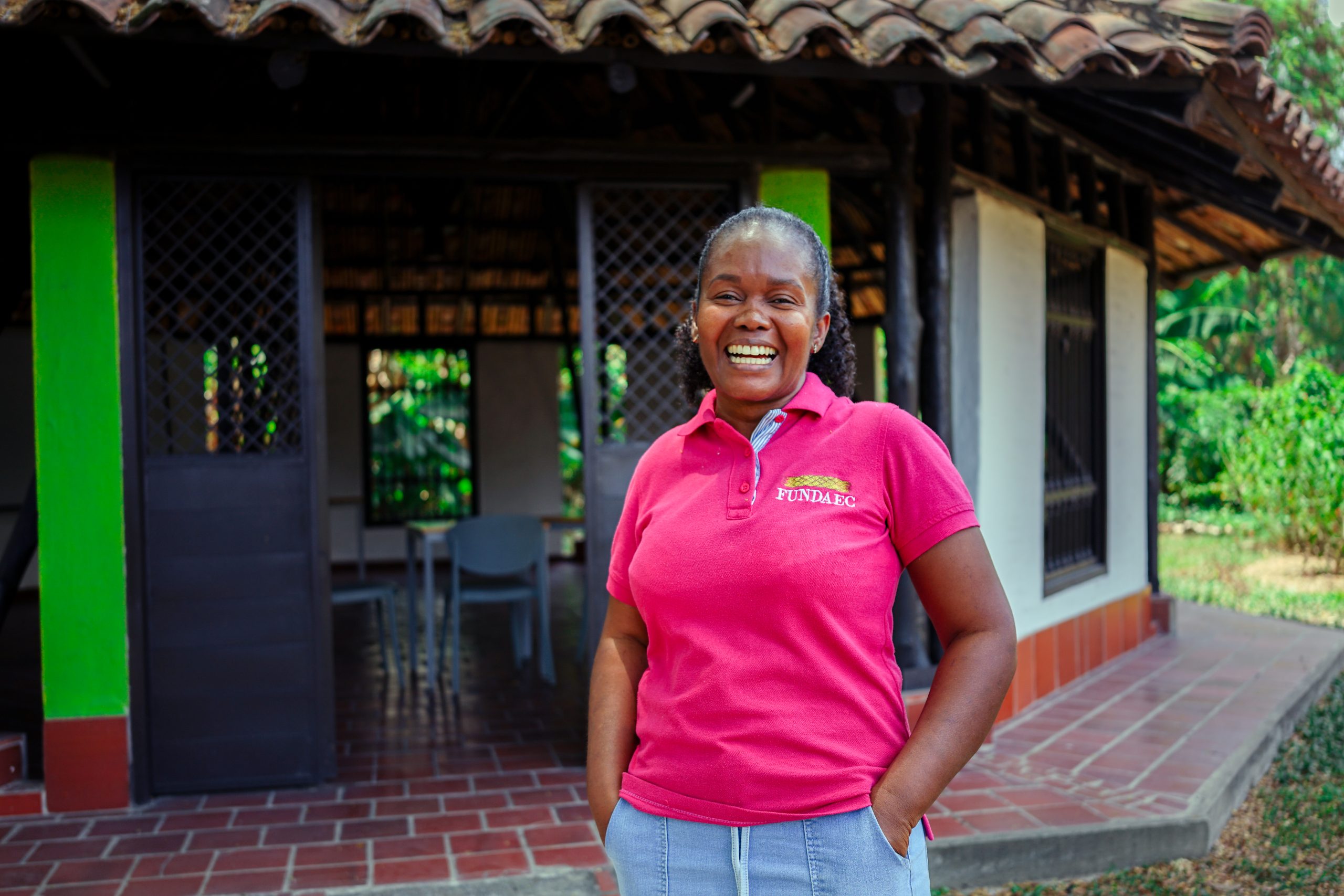
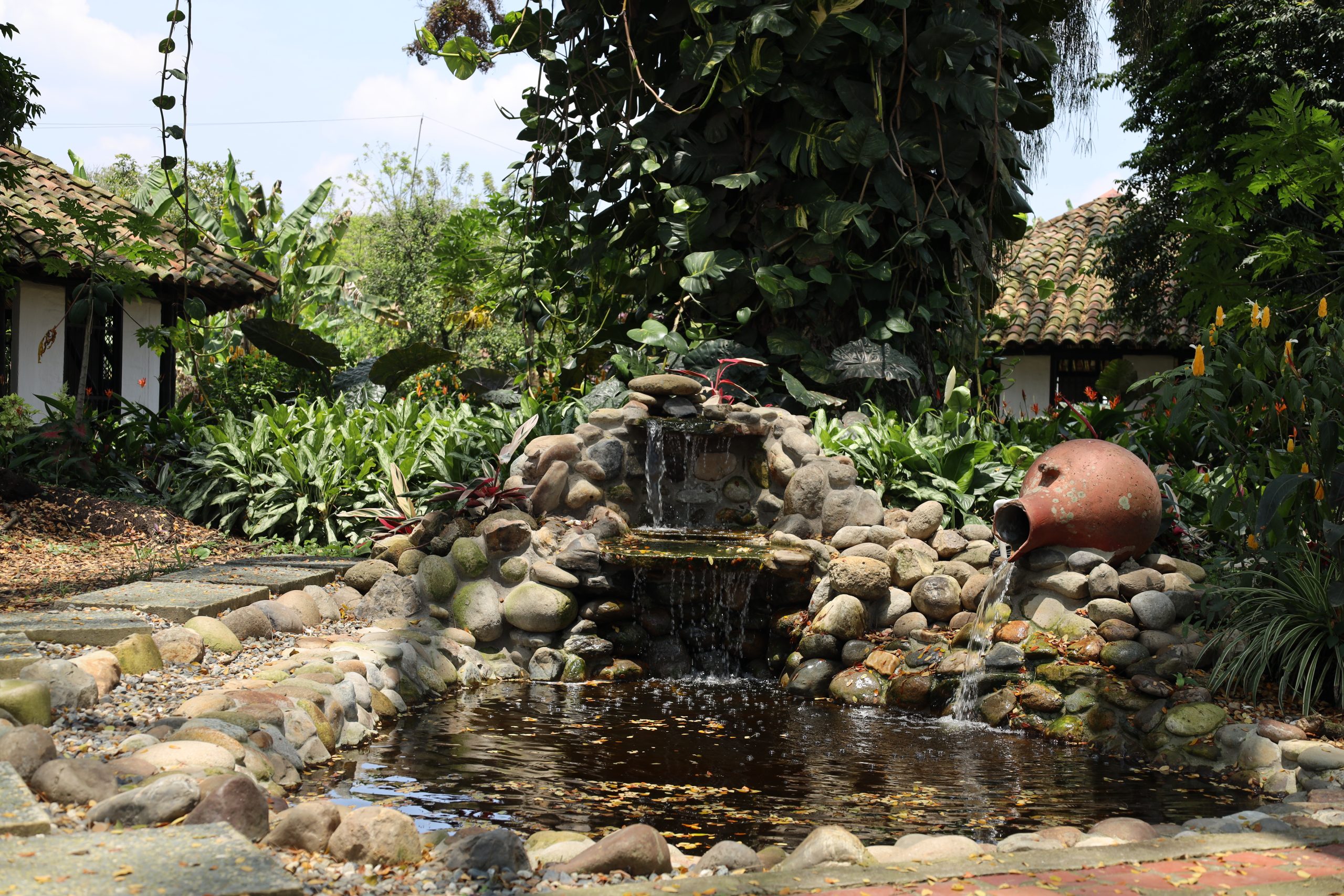

Lodging
The center includes comfortable lodging facilities with customizable plans designed for families, students, or groups. Each stay combines:
Themes for lodging packages include agriculture, environment, local economy, education, and research, ensuring a rich and tailored experience. Costs vary depending on the program selected.
RESTAURANT
At the heart of the center is a restaurant with a farm-to-table philosophy, featuring a seasonal menu based on fresh produce from the Integrated Regenerative Agriculture Farm. This unique combination of regenerative agriculture and gastronomy promotes:
The restaurant also features a shop, where visitors can purchase organic products and handmade souvenirs, carrying a piece of the experience home.
From CUBR to a Regional Educational Center: A Story of Renewal
The roots of today’s Educational Center stretch back to 1988, when FUNDAEC founded the Centro Universitario de Bienestar Rural (CUBR). Born from a vision of rural communities directing their own development, CUBR prepared more than 1,000 students through undergraduate and graduate programs in Education for Development. Closely linked to the Tutorial Learning System (SAT), the center cultivated a generation of teachers and professionals who carried knowledge and service back to their communities.
Over time, shifts in Colombia’s higher education policies made it increasingly difficult for small, nonprofit universities like CUBR to continue. Yet this challenge did not mark an end—it became an opportunity for transformation. Guided by reflection and by the enduring needs of the communities it serves, FUNDAEC reimagined the campus as a regional hub with a broader purpose.
Today, this center has been reborn as a place where agriculture, research, education, and cultural practices converge in service of sustainability and collective well-being. It is not simply an institution; it is a living testament to resilience, to the power of adaptation, and to the conviction that the people of northern Cauca can shape their future with knowledge, creativity, and hope.